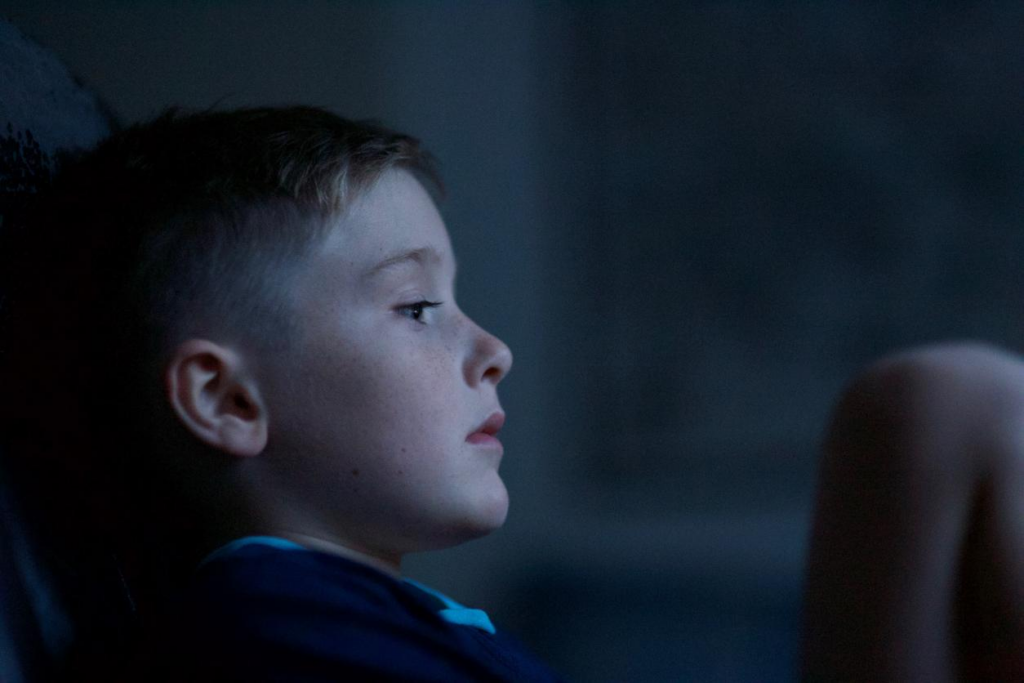The American family unit is evolving. Statistics show a significant rise in blended families – households formed by a couple where one or both partners have children from previous relationships. Roughly 1 in 6 children under 18 in the United States live with a stepparent. This shift in family dynamics presents unique challenges, particularly when it comes to child custody arrangements.
While navigating a separation or divorce can be emotionally difficult under any circumstance, for parents in blended families, the question of child custody becomes even more complex. Here at Daniel Ogbeide Law, a dedicated family law firm in Houston, TX, we understand the intricacies involved in crafting child custody agreements that prioritize the best interests of the children.
This blog post dives into the legal landscape of child custody arrangements, exploring the factors that influence these decisions and the various options available. We’ll also provide insights on navigating this process in a way that fosters stability and well-being for children in blended families or any situation with complex custody needs.
Understanding Child Custody Arrangements
There are several types of child custody arrangements, each with its own set of guidelines:
- Sole Custody:In this arrangement, one parent has primary physical custody of the child, with the other parent receiving visitation rights. Sole custody is often awarded when there are concerns about the other parent’s ability to provide a safe and nurturing environment.
- Joint Custody:Joint custody can be further divided into joint legal custody and joint physical custody. Joint legal custody means both parents share decision-making authority regarding the child’s upbringing, while joint physical custody refers to a shared living arrangement where the child spends significant time with each parent.
The specific details of custody arrangements, including visitation schedules and decision-making responsibilities, are typically outlined in a court-ordered custody agreement.
Factors Influencing Custody Decisions
The paramount concern in any child custody case is the child’s best interests. Texas courts consider several factors when making custody determinations, including:
- The child’s age and emotional well-being:A judge will consider the child’s maturity level and any pre-existing relationships with each parent.
- The child’s wishes (if the child is of sufficient age):In some cases, the court may consider a child’s preferences, though this is not the sole deciding factor.
- The living arrangements of each parent:The court will assess the stability and suitability of each parent’s home environment.
- The ability of each parent to provide for the child’s needs:This includes financial support, healthcare, and educational opportunities.
- The parents’ parenting history:The court will consider any history of abuse, neglect, or domestic violence.
- The parents’ ability to communicate and cooperate:Effective co-parenting is crucial for a child’s well-being in joint custody arrangements.
Navigating Custody Arrangements in Blended Families and Complex Situations
Custody arrangements for blended families or situations with complex dynamics often require careful consideration of additional factors. These may include:
- The child’s relationship with stepparents or half-siblings:Courts will strive to preserve positive relationships within the family unit.
- The existing custody arrangements of any other children involved:If parents from previous relationships have existing custody agreements, these will be factored into the overall plan.
- The need for stability and continuity in the child’s life:Courts will aim to minimize disruptions to the child’s routine and social network.
Child custody arrangements are a crucial aspect of protecting a child’s well-being during a family transition. When dealing with blended families or complex situations, legal guidance from an experienced child custody lawyer in Houston is invaluable.
At Daniel Ogbeide Law, our compassionate and knowledgeable team understands the emotional and logistical challenges faced by parents navigating child custody agreements. We provide personalized legal representation to ensure your child’s best interests are prioritized throughout the process.
Contact Daniel Ogbeide Law today to schedule a consultation and discuss how we can help you achieve a child custody arrangement that fosters stability and well-being for your children.

